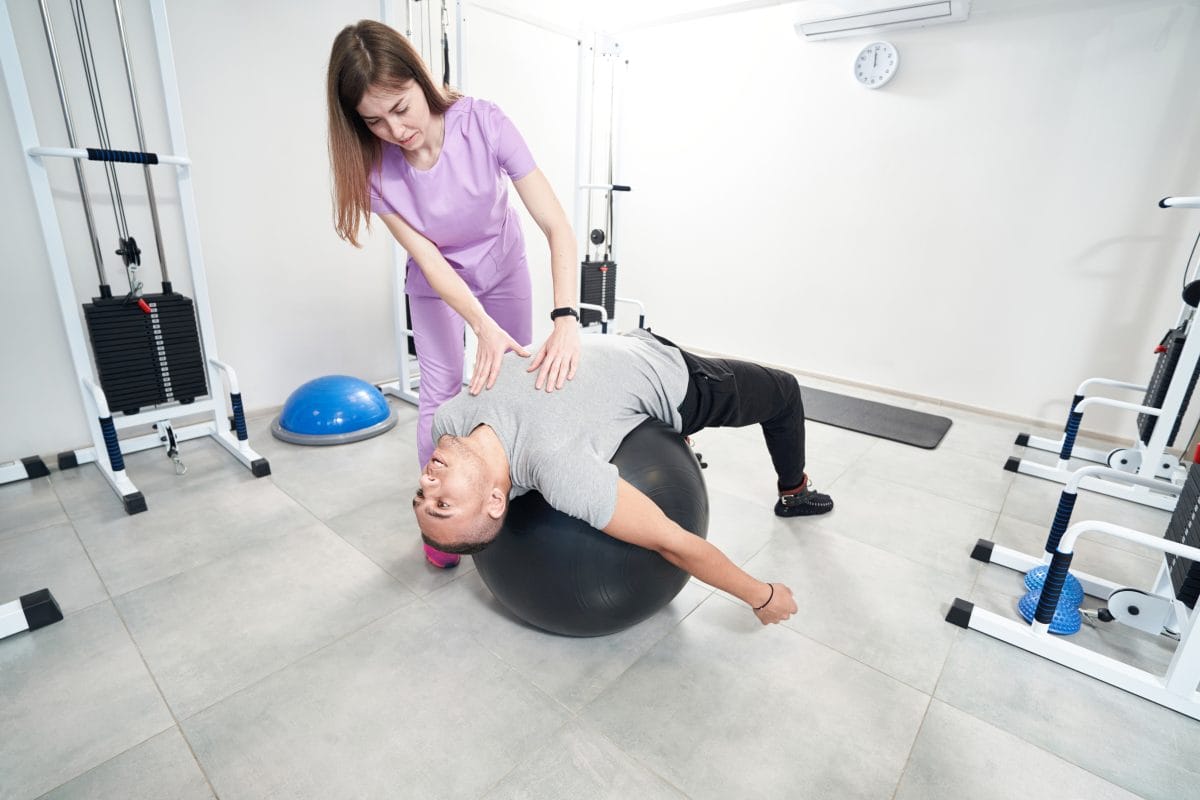Common Causes of Impaired Performance in Athletes
Athletes want to do their best, but sometimes they have trouble. This affects athletes, coaches, and their support teams. It’s important to figure out why this happens.
Understanding why performance could be better is very important. Whether it’s because of the body, the mind, or the environment, it helps find ways to get better.
For athletes, this understanding helps them see their weak points and get better at them. Coaches can change how they train and help athletes with their problems.
Also, knowing the reasons for the trouble helps everyone see problems early, so we can get better and ensure the athletes are safe and healthy.
Knowing why athletes have a hard time is important for athletes, coaches, and their teams to do their best and keep everyone safe and healthy.
Physical Factors
Understanding the physical reasons for poor performance is important. Injuries, too much training, and not resting enough can make athletes perform poorly and feel unwell.
Injuries like sprains and strains can keep athletes from playing for a long time. More than half of high school athletes miss games or practices because of injuries.
Around 10-20% of athletes suffer from overtraining, making them very tired and poorly performing.
Not resting enough stops muscles from healing and makes injuries more likely. Not getting enough sleep, something 60% of athletes have trouble with, also affects how well they recover.
To help athletes do their best and stay healthy, it’s crucial to prevent injuries, plan training properly, and ensure they get the rest they need.
Psychological Factors
An athlete’s thoughts and feelings affect how they perform. Feeling nervous, stressed, or tired can make them less confident, make it harder to make good choices, and not want to play anymore.
But there are ways to help! Athletes can use tricks like relaxing, imagining themselves doing well, setting goals, and talking to people who know about feelings.
Athletes, coaches, and the team must notice when an athlete feels this way and do things to help.
This might mean teaching them how to handle stress, making a kind and helpful team, and having people they can talk to about their feelings.
When we work on these feelings, athletes can have a better attitude, do better in sports, and stay healthy.
Environmental Factors
1. Weather Conditions
Weather can affect how well athletes perform. It can be hard for them if it’s hot or cold or cold or very humid or windy.
For example, athletes can get thirsty and tired quickly in really hot and humid weather.
They might not be as flexible in cold weather and could get hurt more easily. In the 2004 Athens Olympics, the hot and humid weather made many athletes tired and sick.
2. Training Facilities
Where athletes train is important, too. Having access to good places to practice with the latest equipment can help them get better. But if they have good facilities, it can speed up their progress.
Take Usain Bolt, for example. He trained on grass tracks without fancy facilities but still became the fastest man in the world. This shows you can do well even without the best stuff if you work hard.
Competition Pressure
Sometimes, athletes feel pressure to do well in big competitions. This can make them feel nervous and perform worse.
Professional golfers, for instance, got more anxious and could have played better under high-pressure situations. But look at Michael Phelps, the most successful Olympian ever.
He could handle the pressure and perform amazingly. This shows that having a strong mind and preparing for pressure is crucial.
To sum up, weather, training places, and competition pressure can affect athletes’ performance.
Real-life stories show how athletes face challenges and how they can adapt. If athletes, coaches, and their teams understand and deal with these factors, they can do their best and keep athletes healthy.
Prevention and Management
- Balanced Training
Ensure athletes do different exercises like running, strength training and stretching. This helps them stay fit and avoid getting hurt.
- Rest and Recovery
Athletes need good sleep and breaks between tough workouts. This helps their muscles heal and prevents them from getting too tired.
- Injury Prevention
Teach athletes to warm up before exercising and cool down afterward. They should also stretch and use the right gear to protect themselves. Learning the right way to do exercises can prevent injuries, too.
- Mental Health Awareness
Athletes should know about taking care of their minds. They can talk to someone if they feel stressed or anxious. Breathing exercises and thinking positively can help with this.
- Environmental Adaptation
If athletes will be in different weather, they should practice in similar conditions. Drinking enough water and eating well is also important in different weather.
- Goal-Setting
Athletes can set goals to work towards. This gives them something to aim for and helps them see how they’re doing. Smaller steps can make big goals easier to reach.
- Supportive Team Environment
Being on a team where everyone helps each other is great. Athletes should feel comfortable talking about their problems and getting help. Teamwork and support from teammates can make them feel better and work harder.
By using these ideas, athletes, coaches, and their teams can work together to keep performance high and ensure athletes are healthy.
Remember, it’s important to think about these things to stop problems before they happen.
Success Stories
Let’s talk about some athletes who faced tough times but never gave up. They worked hard and used innovative plans to get better. These stories show that strong determination and smart thinking can help athletes reach their full potential.
One cool story is about Serena Williams, a famous tennis player. In 2011, she had serious injuries and even surgery. But she didn’t let these problems stop her.
Serena worked hard to get back to playing, winning many big tennis championships. This made her one of the best tennis players ever. Her story shows that you can overcome challenges if you keep trying and have a strong mindset.
Another great example is Michael Jordan, a basketball legend. He took a break from basketball in 1993 because of a family tragedy.
But he loved the game so much that he came back in 1995. Some people thought he couldn’t do it, but he proved them wrong. Jordan got his skills back and helped his team win three more championships.
His story shows how determination and hard work can beat tough times.
These stories remind us that even famous athletes have tough times.
But by working hard, making intelligent plans, and having support, they can overcome problems and do amazing things.
We hope these stories inspire athletes, coaches, and their teams to keep going when things get hard and aim for greatness in sports while staying healthy in body and mind.
Conclusion
There are some important reasons why athletes might not do their best. Things like extreme weather, not having good places to practice, and feeling nervous in competitions can make athletes perform not as well.
Athletes and coaches need to plan and work on these things to do better. They can train in different conditions and care for their bodies and minds.
Strategies like having balanced training, getting enough rest, preventing injuries, and caring for mental health can help athletes perform at their best.
By getting ready for these challenges and using these strategies, athletes and coaches can do great and make sure athletes stay healthy.
It’s important to understand how the environment can affect performance and be ready for it. With the right attitude, strength, and support, athletes can overcome problems and do their best.


